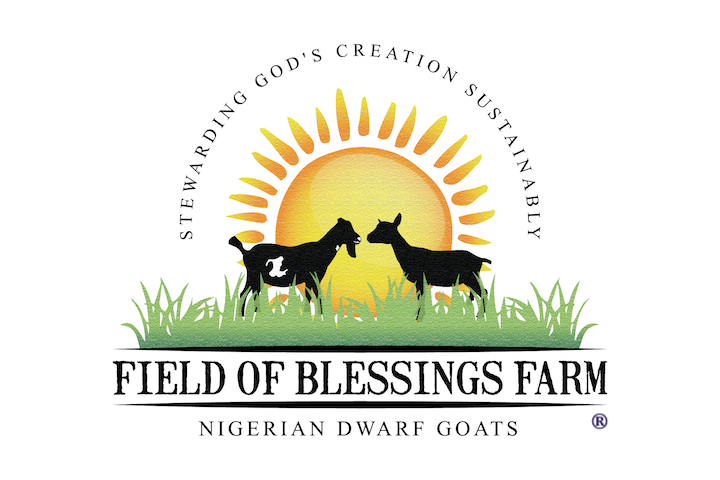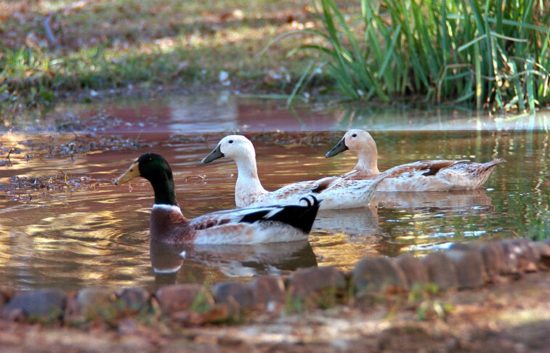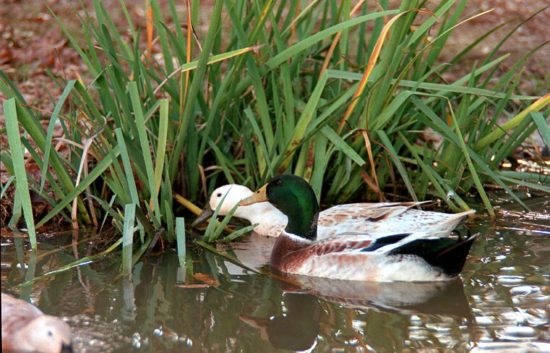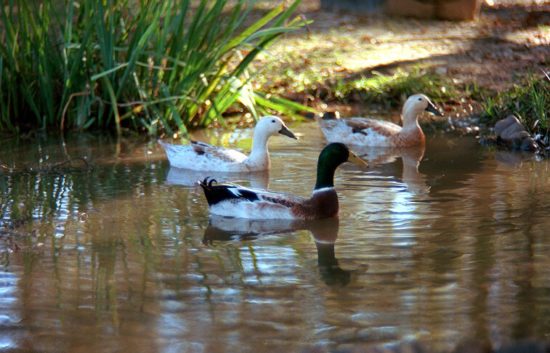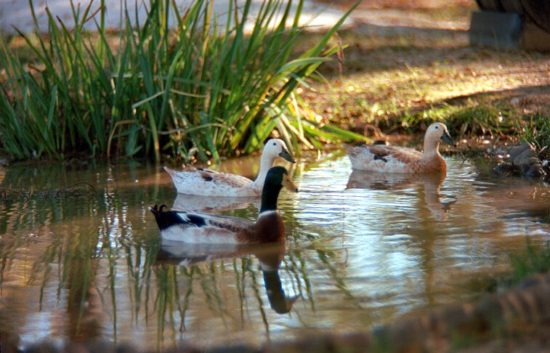We are thrilled with the addition of our Welsh Harlequin trio of breeding ducks from the Holderread Waterfowl Farm & Preservation Center! Most who are familiar with poultry and waterfowl, know about the inspirational David Holderread, his preservation efforts, and the quality of his waterfowl. We feel so blessed to have been able to purchase our ducks from his farm. He is also the author of Storey’s Guide to Raising Ducks which has been (and I am sure will remain) an invaluable reference to us duck novices and experienced owners alike. It was so impressive the amount of time they were willing to spend in helping us to make our decision in purchasing ducks and in answering questions. We were so disappointed when we went to purchase a Showing Trio of Welsh Harlequins in 2019 to hear that Holderread’s has downsized and have sold their Welsh Harlequin stock.
Welsh Harlequins are a beautiful, light-weight breed of ducks that are very productive egg producers.
Our ownership of ducks gave us our first experience in eating and cooking with duck eggs. Duck eggs are delicious! They are higher in albumin and fat and their yolks are richer and thicker than chicken eggs. Their taste is the same as chicken eggs but with a richer texture and they are much larger than chicken eggs. When I bake with them, I find the outcome is a fluffier item. I haven’t yet made custard, which is said to be creamier then when chicken eggs are used. Duck eggs are a big YUM, to me!
But, egg production for eating is not our only purpose, albeit a great perk. We purchased a breeding trio, obviously to breed. Although we are excited bring ducks as a new addition to our farm, we aren’t just bringing them because they are cute and add character. Welsh Harlequins are actually an endangered species on the Livestock Conservancy’s Watch List. We are excited to do our part in being good stewards of God’s creation and helping (in our small way) to increase the number of Welsh Harlequin Ducks. This Spring 2018 we were excited to incubate and hatch our duck eggs for ourselves and we sold some as well. As of Spring 2021 they have grown into lovely ladies.
According to The Livestock Conservancy, for livestock and poultry breeds to be placed on the Conservation Priority List, typically there are “fewer than 2,500 annual registrations in the United States and estimated global population less than 10,000” of the breed. The list also includes “breeds that present genetic or numerical concerns or have a limited geographic distribution”. When we first started with breeding our Welsh Harlequin ducks, they were a threatened species. Now they have moved up to the watch list. We have had people from all over the country contact us for hatching eggs. It is wonderful to see first hand that there is more interest in the breed and that in our very small way, we are doing our part to conserve these beautiful ducks. Click here to review the Livestock Conservancy’s Heritage Breed Conservation Priority List.
Our ducks are tested annually, at the same time as our chickens, through the NPIP program. As were our chickens, our ducks were negative for Pollorum-Typhoid our February 2021 state evaluation. We will have our annual testing again in Spring 2022.
